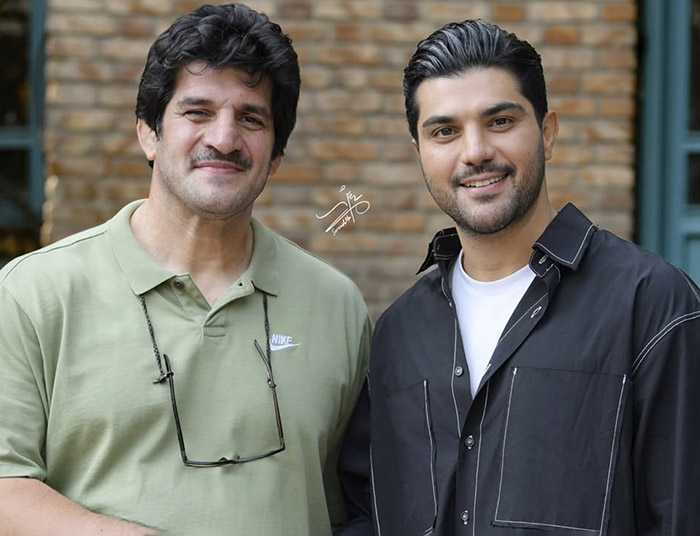How to Stop Nail Biting: 12 Powerful Tips to Quit for Good

Nail biting, also known as onychophagia, is a common habit that affects millions of people worldwide. It typically starts in childhood and often persists into adulthood, with triggers such as stress, anxiety, or boredom. While some may consider it a minor issue, nail biting can lead to significant physical and social consequences. In this article, we’ll delve into these consequences and provide 12 powerful tips on how to stop nail biting for good.
Why Do People Bite Their Nails?
Before we explore how to stop nail biting, it’s essential to understand why this habit develops in the first place. Nail biting is categorized as a Body-Focused Repetitive Behavior (BFRB), which means it falls under the same umbrella as hair-pulling (trichotillomania) or skin-picking (dermatillomania). People often bite their nails for the following reasons:
- Stress and Anxiety:
Stress is one of the primary causes of nail biting. People in tense situations often turn to nail biting as a coping mechanism. This repetitive behavior helps them feel a sense of control or relief. - Boredom and Fatigue:
When people are bored or tired, they may resort to nail biting to occupy their hands or stay stimulated. Over time, this habit can become automatic and difficult to break. - Perfectionism and Nervousness:
Perfectionists may bite their nails as a way to “fix” imperfections. Others may engage in this habit due to nervous energy, especially in stressful situations like public speaking or exams. - Imitation:
Many people pick up the habit by observing family members or friends who also bite their nails. It can be a learned behavior that gets ingrained over time. - Psychological Triggers:
Nail biting can be a response to various psychological triggers, such as low self-esteem, trauma, or underlying emotional distress. Identifying these triggers is a crucial first step in overcoming the habit.




